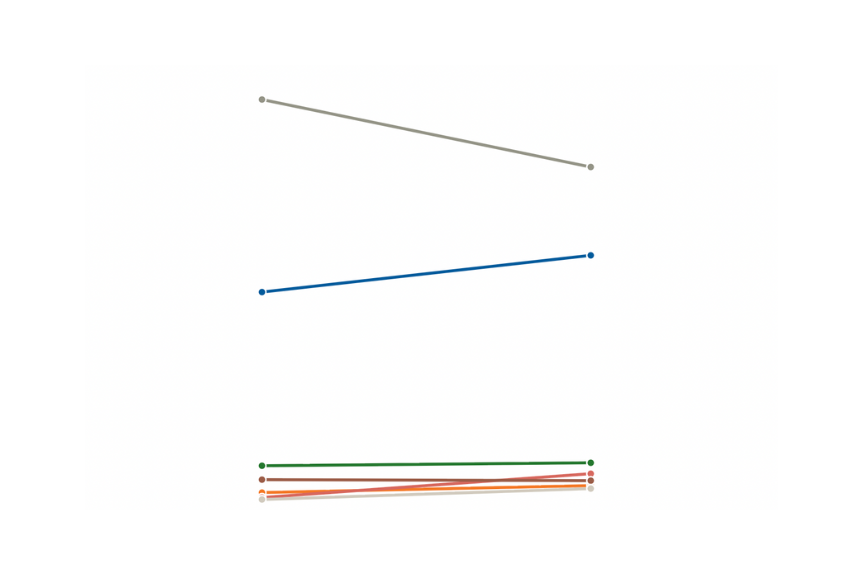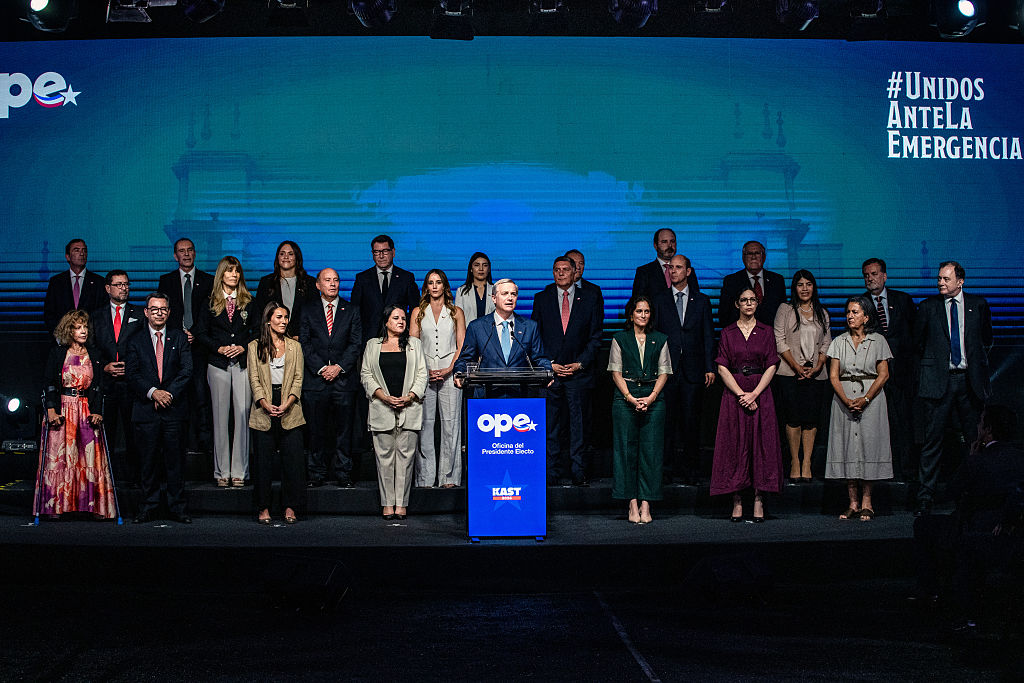YPA: Latin America's Infodemic
YPA: Latin America's Infodemic
From political polarization to data voids, panelists discussed causes of and solutions to the spread of disinformation.
Speakers:
- Tai Nalon, Executive Director and Co-Founder, Aos Fatos
- Saiph Savage, Director, Civic Innovation Lab and Fellow, Center for Democracy & Technology
- Juan Carlos Rodriguez Raga, Co-Director, Observatorio de la Democracia, Universidad de los Andes
- Laura Zommer, Executive Director and Editor-in-Chief, Chequeado
- Carin Zissis, Editor-in-Chief, AS/COA Online (moderator)
In YPA's first panel of 2021 on the region's infodemic, experts discussed how they work to combat the spread of disinformation amid a pandemic, when false information poses a greater threat than ever before. Aos Fatos' Tai Nalon from Brazil compared the nature of misinformation today to during the 2018 Brazilian general election, noting an increased involvement of politicians in social networks to shape political agendas. Chequado's Laura Zommer from Argentina said that the pandemic caused a shift in public behavior, involving a greater demand for fact checking and saying that disinformation is a "multi-actor phenomenon."
Saiph Savage of Mexico's UNAM explained the problem of data voids, or "information currently missing within the information ecosystem," allowing political trolls to fill the data voids with biased information. A way to combat this, she said, is to "nudge people in [online] echo chambers through online bots away from misinformation." Universidad de los Andes' Juan Carlos Rodriguez Raga of Colombia also noted that the infodemic is a "dynamic phenomena," and highlighted the influence of political figures, saying "the political identity of figures who post online matters...There is a tight link between misinformation and polarization."








